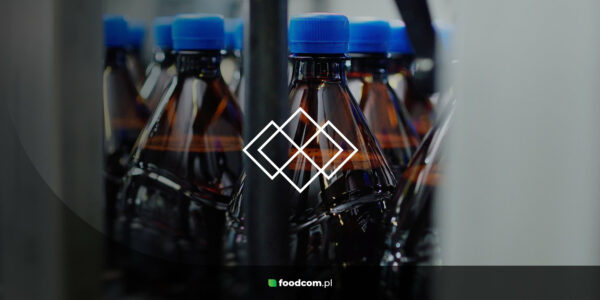Vegetable carbon (E153) – what is it?
Vegetable charcoal, designated as E153, is a natural food coloring derived from plants. It is a form of activated carbon, obtained from plant sources such as wood, coconut shells and nut shells. Vegetable charcoal is known for its intense black color and is one of the few natural dyes with such a dark color.
This food coloring is valued for its natural origin and lack of significant side effects. It is safe to use and does not affect the taste or smell of the products to which it is added. Vegetable charcoal is also used in medicine for its adsorption properties.
Properties of Vegetable Carbon (E153)
Vegetable carbon (E153) is characterized by its high stability and resistance to light, heat and acids. Its main advantage is its intense black color, which does not fade during food processing. It is also non-toxic and safe for health, which has been confirmed by relevant regulatory authorities. Vegetable charcoal is insoluble in water, which should be taken into account when using it in various food products.
Uses of Vegetable Carbon (E153)
E153 is mainly used as a colorant in products such as cured meats, cheeses, cakes and pastries, as well as in some alcoholic beverages. Its natural black color is used to give an attractive appearance to products, especially where a strong color contrast is desired. In addition, vegetable carbon is sometimes used in dietary supplements for its adsorptive properties.
Where to buy vegetable charcoal (E153)?
Vegetable charcoal is available at specialty food supplement stores and some online retailers. It can be found both in powder form and in capsule form, especially in natural and health stores. Vegetable charcoal is also available at wholesalers offering raw materials for the food industry. It is worth contacting the sales department of Foodcom S.A.
Vegetable carbon (E153) and its functions in food
In food, E153 acts as a colorant, giving products a deep black color. This is especially appreciated in products where aesthetics are an important part of presentation. In addition, vegetable charcoal does not affect the taste or smell of the product, making it a popular choice among manufacturers looking for natural colorants. Its use, however, is not limited to visual effect, but also includes health benefits due to its adsorption properties.





